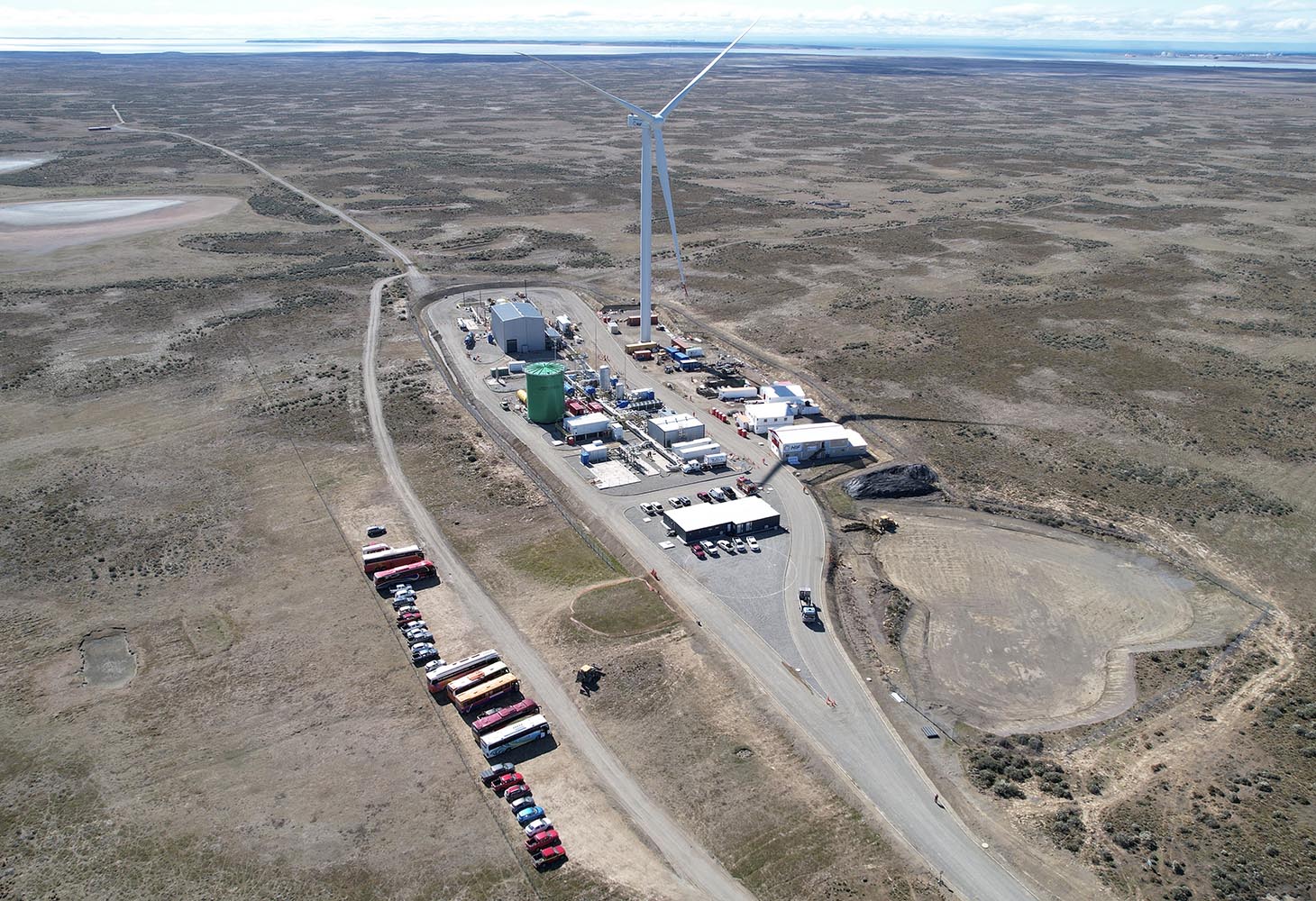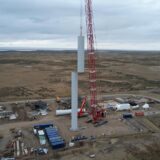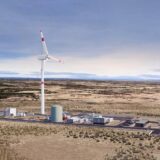
HIF Global teams up with Technip Energies in Tasmania on eFuels
HIF Global, a global frontrunner in eFuels, has teamed up with Technip Energies to evaluate technological avenues and kickstart the design process for its inaugural eFuels production plant in northern Tasmania.
The proposed HIF Tasmania eFuels Facility, situated 30 kilometres (km) from Burnie, is set to manufacture approximately 100 million liters of carbon-neutral eFuel annually. This eFuel can seamlessly power existing vehicles, aircraft, and ships without necessitating any alterations.
Ignacio Hernandez, CEO of HIF Asia Pacific, remarked, “This collaboration underscores our commitment to driving the energy transition by partnering with industry leaders. Our goal is to submit a development application by 2024, and with Technip Energies by our side, we aim to position Tasmania as a hub for an industry that’s pivotal in reducing global transport emissions. The facility is projected to offer around 200 full-time jobs and has the potential to offset the carbon footprint of nearly 60,000 vehicles.”
Paul Browne, who oversees the APAC region as the managing director of Technip Energies’ Kuala Lumpur Operating Centre, expressed his enthusiasm about the partnership, stating, “Aligning with HIF Global, a pioneer in eFuel production, reinforces our shared vision for a sustainable future. We’re eager to cultivate a robust partnership to deliver a universally viable fuel solution.”
The company unveiled its first Australian venture in Tasmania in July 2022. The company is already operational in Magallanes, Chile, with its Haru Oni Demonstration Facility and has plans to commence the HIF Matagorda eFuels Facility in Texas by 2024.
eFuels are synthesised using electrolyzers powered by green energy sources. These electrolyzers separate hydrogen from water. This green hydrogen, when combined with recycled carbon dioxide, results in carbon-neutral eFuels. These eFuels are chemically identical to contemporary fuels, allowing them to be integrated into current engines without any modifications.














